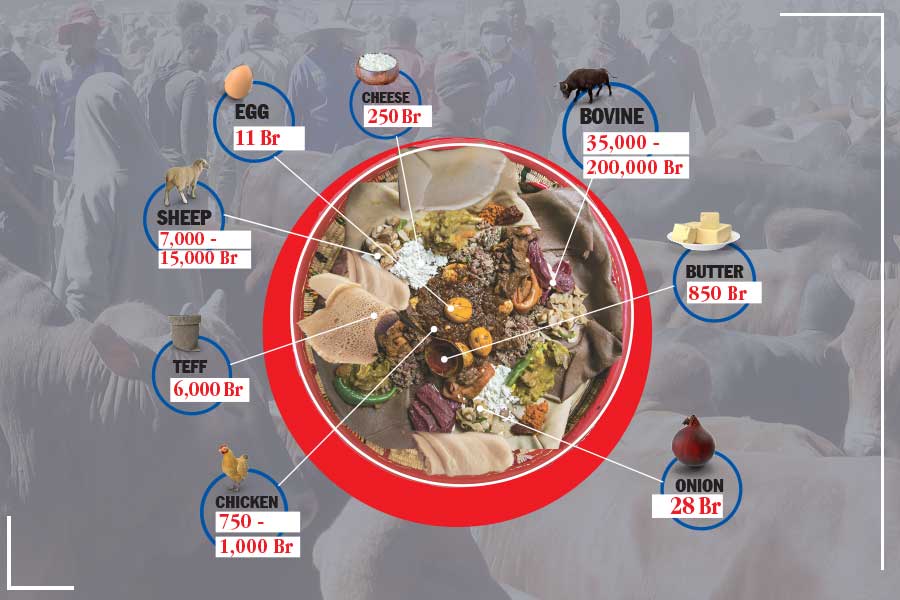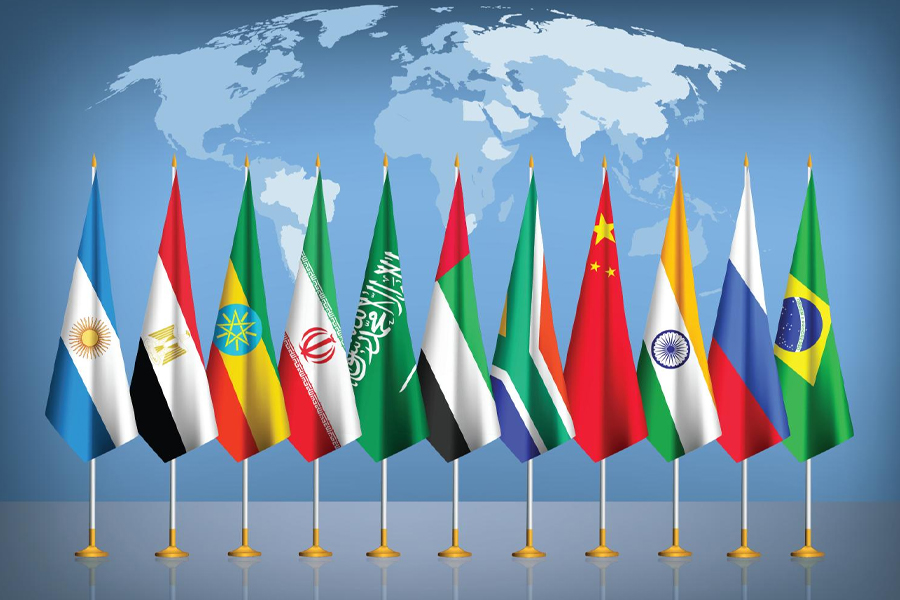
Fortune News | Aug 10,2025
Aug 18 , 2024
By Kidist Yidnekachew
There is this radio program I usually embark on when I am in a taxi. Although I find the style monotonous, it resonates with a particular segment of the population who are into sports.
However, the show is frequently interrupted by a series of ads—most of which are voiced by the same person in a flat tone. At some point, three of the five ads promote different restaurants, making it hard to distinguish between them despite the name changes. While these restaurants may offer plausible dining experiences, the impact of their ads is diminished by the overwhelming number of similar promotions.
The overload leads to a paradox of choice, where too many options cause indecision. The delivery of these ads feels insincere and overly rehearsed, further reducing their impact. It reflects a broader problem in advertising.
It is hard to take these ads seriously when it seems neither the show nor the restaurant owners care about the impact of their marketing. The use of the same voice for multiple competing brands, like endorsing both Coca-Cola and Pepsi, raises concerns about loyalty and potential conflicts of interest. A promoter should show allegiance to the brand they represent, not merely act as a mouthpiece for whoever pays.
I enjoy watching television commercials, especially those with memorable jingles from my childhood. However, I have noticed many people switch channels during commercial breaks, likely due to ad fatigue. Media companies must find a balance in their advertising strategies to avoid overwhelming their audience.
Companies invest heavily in promotions without considering how to truly engage their audience. The mainstream media shares responsibility here—they should not flood their programs with ads just because they can. Instead, they should be more discerning about the content and timing of the ads they air. Otherwise, companies might turn to alternative platforms like social media.
There is another concern here. I have noticed that social media influencers rave about the products they endorse, creating high expectations that are not always met. This gap between expectation and reality can be due to personal taste, but it also raises questions about the honesty of these reviews. When influencers fail to differentiate between the establishments they promote, it calls into question their authenticity.
What happened to genuine reviews?
Audiences trust certain content creators, so these creators have a responsibility to be discerning in their product choices. If they do not, they risk losing their audience's trust and undermining their credibility.
Some brands pressure content creators to exaggerate the truth for the sake of compensation, blurring the line between honest promotion and mere advertisement. This practice can commodify the creators, reducing them to little more than paid spokespeople.
The world of advertising is constantly evolving, shaped by changing consumer habits, technological advances, and the fragmentation of media channels. To navigate this complex space, advertisers need a strategy that emphasises diversity, innovation, and data-driven insights. In an era of growing consumer scepticism, ethical advertising is crucial. Trust is built on transparency, honesty, and authenticity.
Brands must avoid deceptive claims, manipulative tactics, and the exploitation of vulnerable groups. They should commit to ethical practices, so they can protect their reputation and build lasting connections with their audience.
PUBLISHED ON
Aug 18,2024 [ VOL
25 , NO
1268]


Fortune News | Aug 10,2025

Editorial | Jun 15,2024

Fortune News | Jun 12,2025

Featured | Jun 29,2025

Radar | Jun 30,2024

Fortune News | Jan 07,2023

Radar | Nov 27,2023

Radar | Sep 10,2022

Fortune News | Oct 28,2023

Viewpoints | Oct 20,2024

Photo Gallery | 173843 Views | May 06,2019

Photo Gallery | 164070 Views | Apr 26,2019

Photo Gallery | 154137 Views | Oct 06,2021

My Opinion | 136585 Views | Aug 14,2021
Editorial | Oct 11,2025

Dec 22 , 2024 . By TIZITA SHEWAFERAW
Charged with transforming colossal state-owned enterprises into modern and competitiv...

Aug 18 , 2024 . By AKSAH ITALO
Although predictable Yonas Zerihun's job in the ride-hailing service is not immune to...

Jul 28 , 2024 . By TIZITA SHEWAFERAW
Unhabitual, perhaps too many, Samuel Gebreyohannes, 38, used to occasionally enjoy a couple of beers at breakfast. However, he recently swit...

Jul 13 , 2024 . By AKSAH ITALO
Investors who rely on tractors, trucks, and field vehicles for commuting, transporting commodities, and f...

Oct 11 , 2025
Ladislas Farago, a roving Associated Press (AP) correspondent, arrived in Ethiopia in...

Oct 4 , 2025
Eyob Tekalegn (PhD) had been in the Governor's chair for only weeks when, on Septembe...

Sep 27 , 2025
Four years into an experiment with “shock therapy” in education, the national moo...

Sep 20 , 2025
Getachew Reda's return to the national stage was always going to stir attention. Once...

Oct 12 , 2025
Tomato prices in Addis Abeba have surged to unprecedented levels, with retail stands charging between 85 Br and 140 Br a kilo, nearly triple...

Oct 12 , 2025 . By BEZAWIT HULUAGER
A sweeping change in the vehicle licensing system has tilted the scales in favour of electric vehicle (EV...

Oct 12 , 2025 . By NAHOM AYELE
A simmering dispute between the legal profession and the federal government is nearing a breaking point,...

Oct 12 , 2025 . By NAHOM AYELE
A violent storm that ripped through the flower belt of Bishoftu (Debreziet), 45Km east of the capital, in...